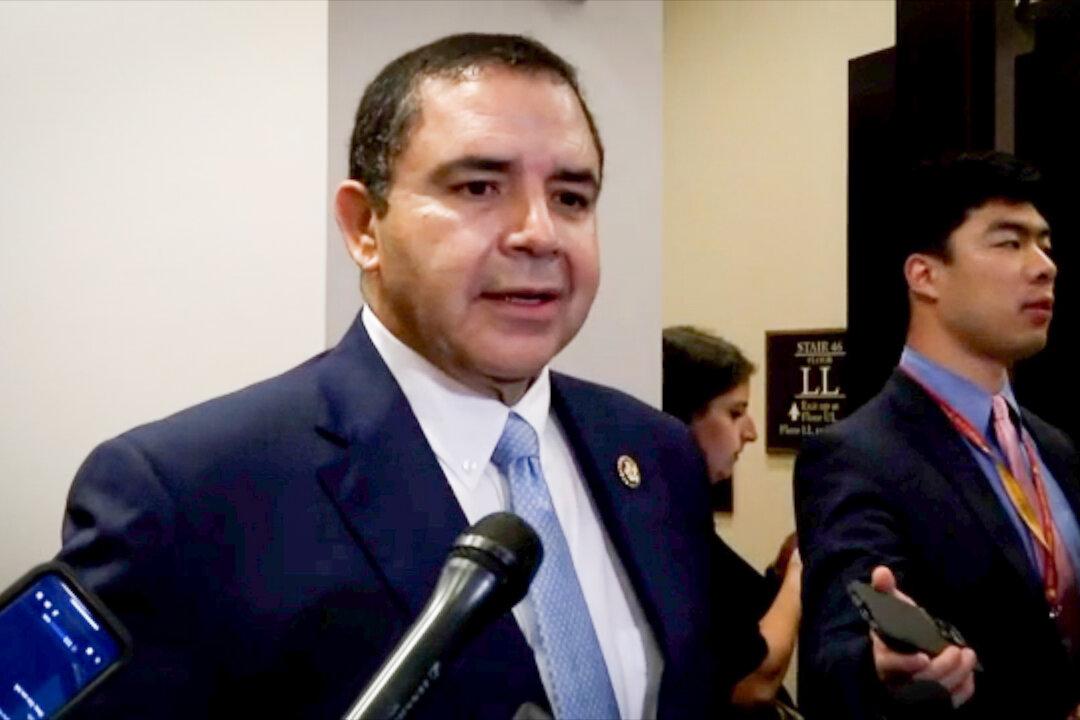As 2024 opens, Washington seems set to continue hemorrhaging small businesses as its government fails to control the city’s skyrocketing crime rate.
In the D.C. metropolitan area, the closure of restaurants and bars has gained a high profile and perhaps become an unconscious symbol of a wider crisis that has seen thousands of businesses close or leave the city over the past four years.




